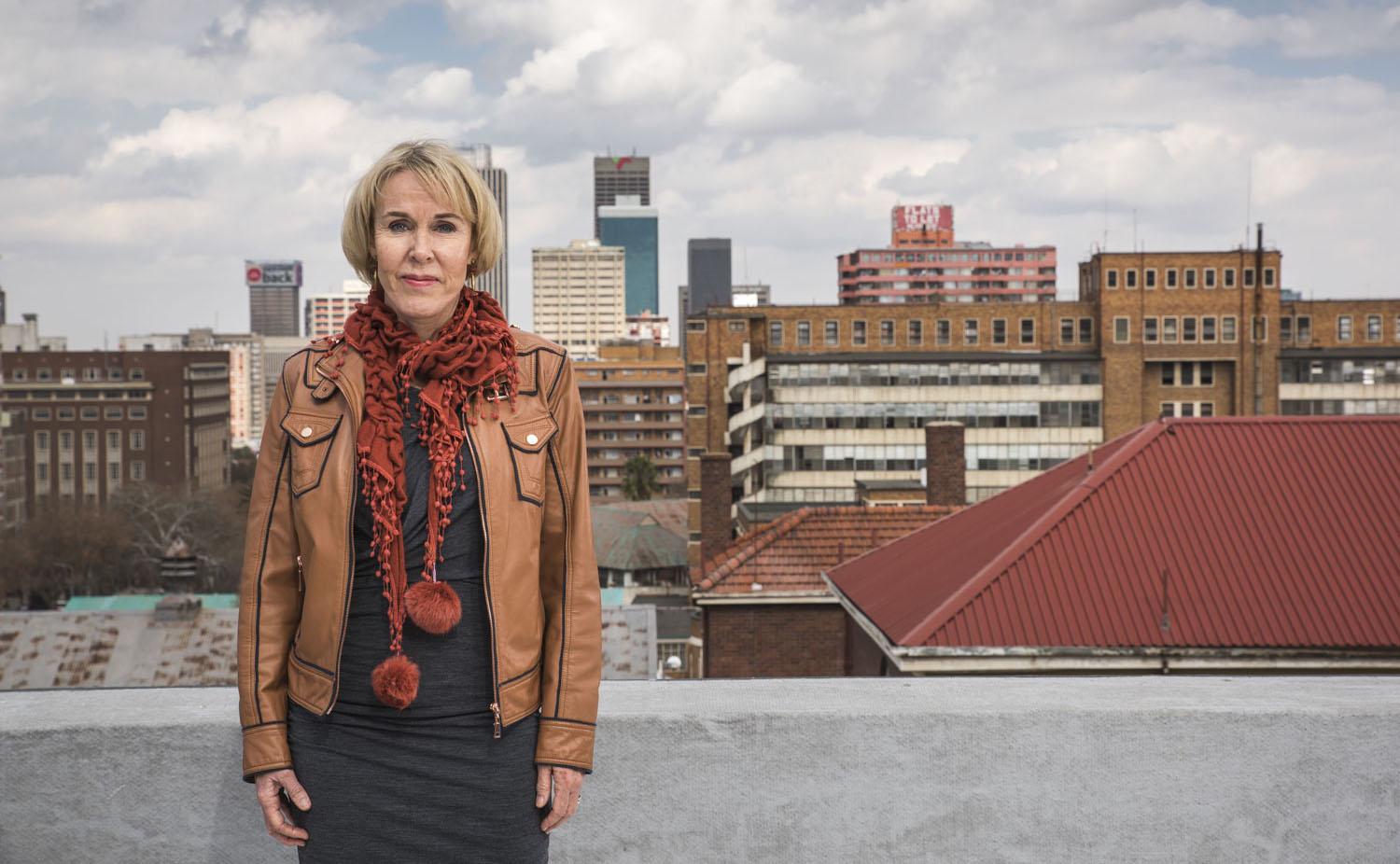The Mpox virus has made headlines recently, with 15,132 confirmed cases sweeping through countries in Africa, including Burundi, Cameroon, Congo, Ghana, Liberia, Nigeria, Rwanda, the Democratic Republic of Congo, South Africa, Uganda and Kenya.
The continued spread has made medical experts call for vaccines to be made available as quickly as possible.
Speaking to Daily Maverick, Professor Helen Rees, the Executive Director at research institute Wits RHI and who is internationally renowned for HIV and reproductive health research, said that adequate medical countermeasures needed to be developed to combat the pox outbreak and other viruses spreading through countries.
Medical countermeasures were needed to address a particular outbreak or pathogen, which included good diagnostics for labs, good therapeutics to treat that particular pathogen and good vaccines.
“The way you do that is by building up your research capacity to quickly identify these new pathogens or changing pathogens, emerging pathogens. Then be able to kickstart the development of all of those technologies very rapidly, as we did for Covid-19,” Rees said.
Read more in Daily Maverick: Mpox: what to watch out for, treatment and what to worry about
Rees said that while Mpox was first identified in Central and West Africa in the 1970s, adequate resources had not been mobilised to combat the spread of the virus properly.
“The problem is that there has been inadequate funding for research of endemic Mpox over many years. We’re talking 50 years since it was first identified. In the African region, this isn’t the only condition where we find a lack of funding, a lack of investment in research, and a lack of investment in building the capacity of researchers. We cannot neglect the African region any more, and we cannot neglect these pathogens,” Rees said.
On Tuesday, the Africa Centres for Disease Control and Prevention (Africa CDC) declared the pox a public health emergency of continental security.
 We are now involved in a fight to obtain sufficient Mpox vaccines, which have been stockpiled by richer countries in the Global North. (Photo: iStock)
We are now involved in a fight to obtain sufficient Mpox vaccines, which have been stockpiled by richer countries in the Global North. (Photo: iStock)
While the CDC’s declaration is only on a regional level, the World Health Organization is meeting on Wednesday to discuss whether the epidemic poses a global threat and whether to declare it a public health emergency of international concern.
The Covid-19 pandemic exposed how deep vaccine equity extended when the worl’'s wealthiest countries stockpiled Covid-19 vaccines, leaving little for countries in the Global South. For Rees, a similar outcome could happen if intervention is not taken.
“We do risk (a similar occurrence), and it’s time that we start to mobilise communities to understand that we (African countries) are at the end of the food chain when it comes to their missions.”
Read more in Daily Maverick: Health department calls for vigilance as Mpox outbreak cases rise to 24, death toll at three
The latest update by the Department of Health revealed that there were 24 confirmed cases of Mpox in South Africa (12 cases in Gauteng, 11 cases in KwaZulu-Natal, and one case in the Western Cape). However, the number of deaths linked to the disease remained at three.
According to Department of Health spokesperson Foster Mohale “as much as the situation is under control we need to continue to be vigilant at all times”.
In South Africa, an Incident Management Team, established by the director-general of health and which Rees co-chairs, has managed to secure access to an antiviral drug called Tecovirimat through the World Health Organization. This drug is being used to treat the 24 people who have been diagnosed in the country. However, Rees added that a vaccine was still needed to help immunise people.
Mpox is a member of the pox family and is thus in the same family as smallpox.
“This is the same family as smallpox, and that is the one reason we are able to use some of the vaccines we are using, which were initially developed for smallpox. That means that people over the age of 40 or 50, depending on which country they are in, who received the smallpox immunisation might well have protection against Mpox because there is cross-protection of the vaccines against Mpox,” Rees said.
Susceptible to contracting Mpox
She added that because the smallpox vaccination campaign ended when the virus was eradicated worldwide in the 1980s, there was now a growing number of people who had not been exposed to the vaccine, and therefore there were generations of people who were susceptible to contracting Mpox.
During the 2022 global outbreak of the Mpox virus countries in the Global North stockpiled the remaining smallpox vaccine and the newer Mpox vaccines that were developed, which has resulted in South Africa and the other 10 countries dealing with the outbreak having to try to secure vaccines through the World Health Organization by asking the countries with stockpiles for some of their stash.
During the Africa CDC media briefing Director-General Jean Kaseya said the continent needed more than 10 million doses of the vaccine, but only about 200,000 were available.
“So I think that there needs to be a lot of activism in terms of equity in terms of rights issues, equity and respect for communities. We need to get these vaccines as soon as possible. There are 10 countries affected in the Africa region, and Democratic Republic of Congo is by far the worst affected. It is estimated that the DRC alone might require as many as 2 million vaccines,” Rees said. DM




 Recent outbreaks have shown that Africa needs to be self-sufficient when it comes to the manufacture of pharmaceuticals. (Photo: iStock)
Recent outbreaks have shown that Africa needs to be self-sufficient when it comes to the manufacture of pharmaceuticals. (Photo: iStock)